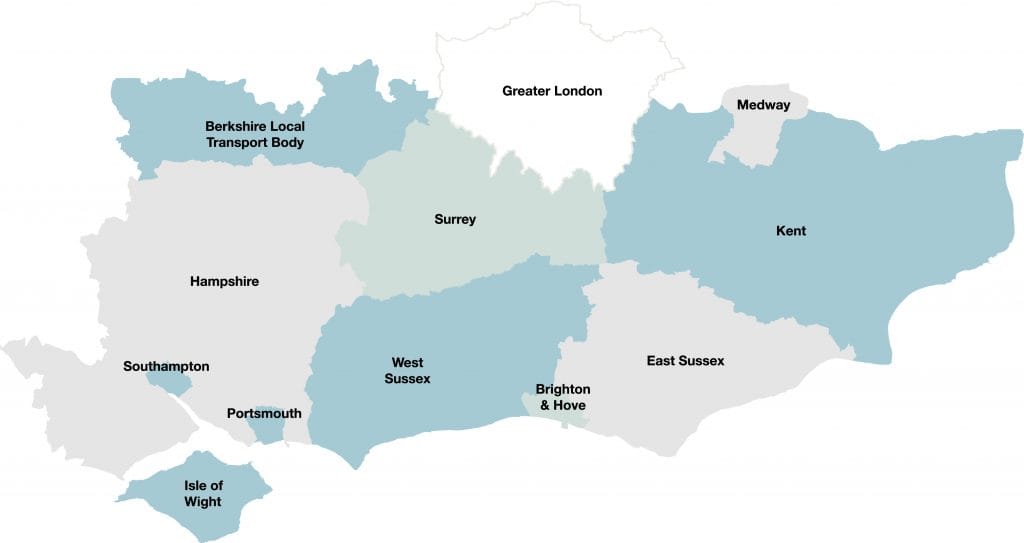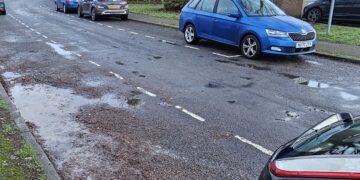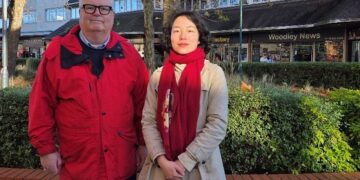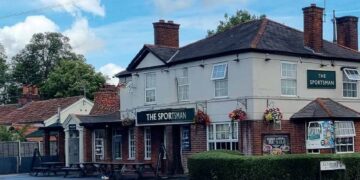ORGANISERS behind a three-month publication consultation into the future of transport in the South East have thanked those who took part.
More than 3,500 responses were gathered from businesses, campaign groups and other organisations, as well as individuals.
They were responding to a request for information from Transport for the South East, a pan-local authority and business group that aims to create a 30-year transport strategy to improve journeys, boost jobs, increase the quality of life and help cut carbon emissions to net-zero.
As we reported in The Wokingham Paper of January 16, the proposals including building a link from the M4 to the M3 that would appear to go through Shinfield, although no firm proposals have been made.
Transport for South East said that the responses will be reviewed over the coming weeks with the final strategy set for publication in the summer.
The subsequent regional transport investment plan will be published next year and will provide government and other funders with a prioritised and costed programme of schemes and initiatives to achieve the vision at the heart of the transport strategy.
In a statement, Cllr Keith Glazier, chair of Transport for the South East, said: “Our strategy sets out a future for the South East that is better for people, better for business and better for the planet. With the right investment in our transport network, we’ll more than double the South East’s economy, creating an additional 500,000 jobs, boosting quality of life and access to opportunities for everyone and cutting the region’s carbon emissions to net-zero.
“To make this happen, we need to work together as one region. That’s why we’re delighted that so many people, businesses and other organisations from across the South East took part in our consultation and helped shape our region’s future.”

Transport for South East said that a major focus of its transport strategy is reducing the region’s reliance on private cars to reduce congestion, cut carbon emissions and improve air quality. Today, cars account for 70% of all journeys in the South East compared to just 4% by rail and 5% by bus.
It also suggests better transport links can support economic growth around our ports and airports, boost access to jobs in deprived communities and support high-growth economic sectors across the region.
To do this, the strategy sets out a thirty-year framework to guide decisions about where, when and how money is invested in the South East’s transport network, along with a range of schemes and initiatives to make sustainable travel easier and more attractive to people and businesses.
These could include better and faster rail journeys, improved links to ports and airports, a real-terms freeze on rail fares, cheaper off-peak fares and extra funding to protect and enhance vital bus services.


















































